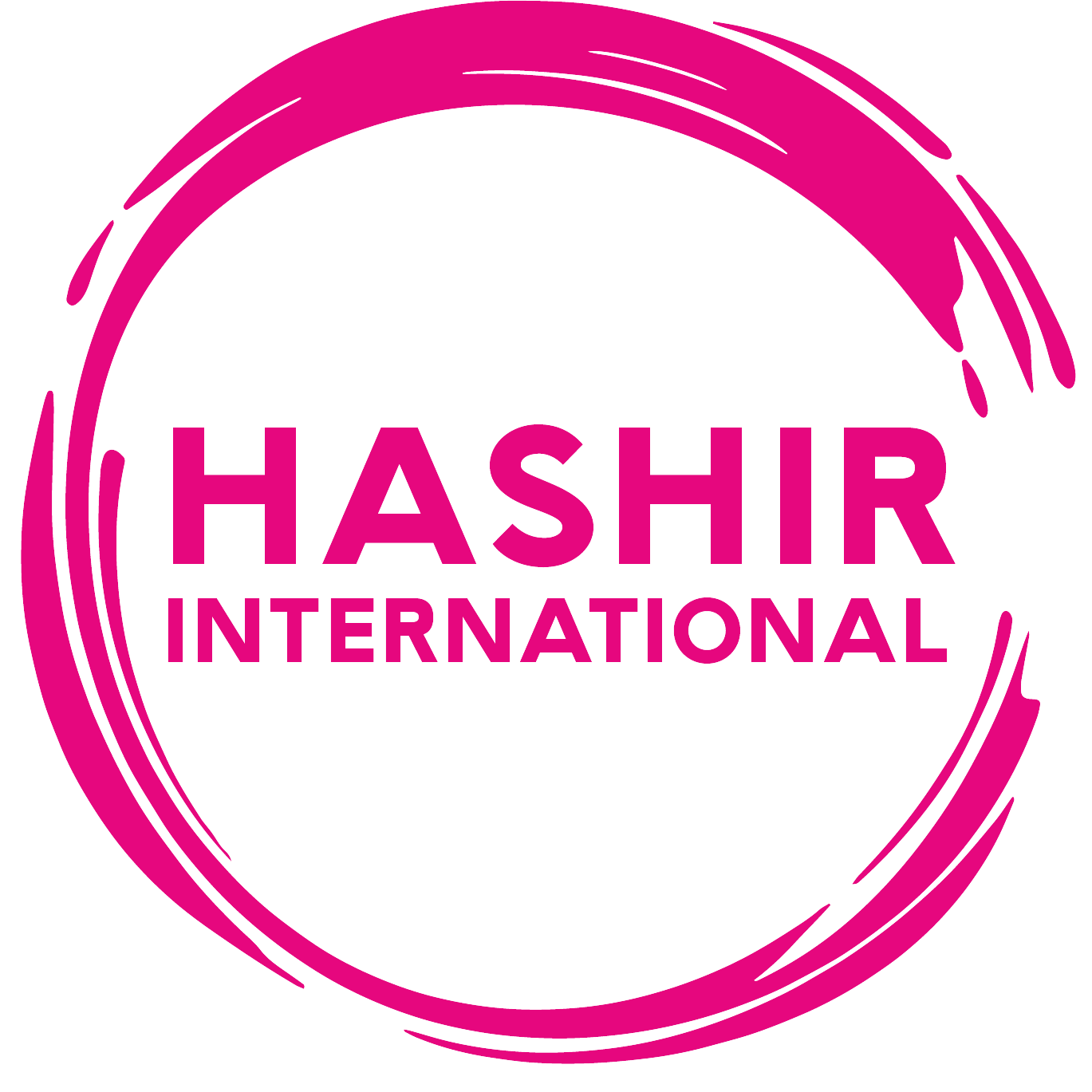| Sunday, 15 September 2024, World Hearing Center, Kajetany | ||
|---|---|---|
| 09:00 – 10:40 | Workshop 1 Demonstration surgeries otology Prof. H. Skarżyński & Prof. P.H. Skarżyński, Institute of Physiology and Pathology of Hearing, Warsaw, Poland | Atrium |
| 10:40 – 11:00 | Break | |
| 11:00 – 12:00 | Satellite Symposium Med-El | Atrium |
| 12:00 – 12:10 | Break | |
| 12:10 – 13:40 | Workshop 2 Using the Duke Misophonia Questionnaire and Duke Misophonia Interview in Evidence-based Treatment Planning for Adults Dr. Zachary Rosenthal, Duke University Medical Center, Duke University, Durham, USA | Park Kajetany 1+2 |
| 13:40 – 14:30 | Lunch | Hotel Park Kajetany |
| 14:30 – 16:00 | Workshop 3 4C Hyperacusis/Misophonia Management Questionnaires: A method to enhance patient’s readiness for therapy Dr. Hashir Aazh, Hashir International Specialist Clinics & Research Institute for Misophonia, Tinnitus and Hyperacusis, London, UK | Park Kajetany 1+2 |
| 16:00 – 16:15 | Break | |
| 16:15 – 17:45 | Workshop 4 Differential Diagnosis Between Misophonia and Mental Health Disorders Dr. Jaelline Jaffe, Private Practice, Sherman Oaks, CA, USA | Park Kajetany 1+2 |
| 18:00 – 21:00 | Official Opening ICHM7, IEB Workshop, UCHO ‘Friends Forever’ Ceremony Networking Meeting at the ‘Pod Slimakiem’ Restaurant | |
| Monday, 16 September 2024, Hilton Warsaw City | ||
| 08:00 – 09:10 | [08:00 – 08:20] Relationship between hyperacusis and anxiety in men and women with tinnitus Dr. Elżbieta Gos, World Hearing Center, Institute of Physiology and Pathology of Hearing, Warsaw/ Kajetany, Poland [08:20 – 08:40] Quality of sexual life in individuals with misophonia and their partners Dr. Oleg Banyra, St. Paraskeva Medical Centre, Lviv, Ukraine [08:40 – 09:00] Evaluation of Hearing in Noise Performance in Patients with Misophonia: Preliminary Results Dr. Nazife Öztürk Özdeş, Ankara University, Institute of Health Sciences, Department of Audiology and Speech Disorders, Ankara, Turkey [09:00 – 09:10] Q&A |
Warsaw Hall V |
| 09:10 – 09:20 | Break | |
| 09:20 – 10:55 | Round Table (joint session with the IEB Workshop) Selected Problems of the Inner Ear Physiology and Pathology Chairman: Prof. Henryk Skarżyński Moderators: Prof. Piotr H. Skarżyński and Prof. Milaine Dominici Sanfins Panelists: Prof. Jonathan Gale, Prof. Anna Rita Fetoni, Dr. Hashir Aazh, Prof. Agnes Szczepek, Prof. Monika Ołdak, prof. Artur Lorens, Dimitros Daskalou, Prof. Renjie Chai [09:20-09:35] Introduction to Round Table 1 Prof. Henryk Skarżyński, Institute of Physiology and Pathology of Hearing, Warsaw, Polad [09:35- 10:55] Discussion |
Warsaw Hall IV |
| 10:55 – 11:20 | Coffee break | |
| 11:20 – 13:00 | [11:20-11:50] Hyperacusis in Fragile X model of Autism and Chronic Stress-Induced Hyperacusis Prof. Richard Salvi, Center for Hearing and Deafness, University at Buffalo, Buffalo, USA [11:50-12:20] Exploring the Neurochemical and Psychophysiological Basis of Misophonia and Hyperacusis Prof. Jamie Ward, School of Psychology, University of Sussex, Brighton, UK [12:20- 12:50] Loudness hyperacusis: Mechanisms of loudness perception and their breakdown Prof. Brian C.J. Moore, Cambridge Hearing Group, Department of Psychology, University of Cambridge, UK [12:50-13:00] Exploring Hyperacusis Through Art: A Journey of Connection and Understanding – Video Introduction to the Art Competition India Lawton, Department of Art and Music, Solent University, Southampton, UK |
Warsaw Hall V |
| 13:00 – 14:00 | Lunch Posters are available for viewing on interactive kiosks in Warsaw Hall SOUND OFF winning artworks are available for viewing in Warsaw Hall |
|
| 14:00 – 16:10 | [14:00-14:25] Imaging Hyperacusis and Misophonia: Present and Future Prof. Fatima T. Husain, University of Illinois Urbana-Champaign, USA [14:25-14:45] No time for triggers: Objective misophonic avoidance measurement using behavioural timing data Nico Remmert, Department of Education and Psychology, Freie Universität Berlin, Berlin, Germany [14:45-15:05] Hyperacusis Questionnaire (Mini-HQ9), a valid short tool for use in a clinical tinnitus population Prof. Gerhard Goebel, Tinnitus and Hyperacusis Center at the Neurozentrum-Prien, Prien, Germany [15:05-15:25] Audiologic Assessment in Misophonia Dr. Julia Campbell, Central Sensory Processes Laboratory Department of Speech, Language, and Hearing Sciences University of Texas at Austin, USA [15:25-15:55] Objective functional biomarkers to find druggable targets for tinnitus and hyperacusis Prof. Marlies Knipper, Department of Otolaryngology, Head and Neck Surgery, Hearing Research Centre Tübingen, Molecular Physiology of Hearing, University of Tübingen, Germany [15:55-16:10] Q&A |
Warsaw Hall V |
| 16:10 – 16:40 | Coffee break | |
| 16:40 – 17:40 | Panel discussion Physiological differences and similarities between hyperacusis and misophonia Moderators: Dr. Hashir Aazh and Prof. Brian Moore Panel members: Prof. Marlies Knipper, Prof. Jamie Ward, Prof. Richard Salvi, Prof. Fatima T. Husain |
Warsaw Hall V |
| 18:00 – 19:00 | Departures of buses for Conference Dinner from Hilton Warsaw | |
| 19:30 – 23:00 | Conference Dinner Hotel Park Kajetany |
|
| Tuesday, 17 September 2024, Hilton Warsaw City | ||
| 08:00 – 09:30 | [08:00-08:20] Investigating Cognitive Reappraisal as a Treatment for Misophonia Dr. Marta Siepsiak, Faculty of Psychology, University of Warsaw, Warsaw, Poland [08:20-08:40] Metacognitive Interpersonal Therapy for Misophonia: a single-case study Dr. Eleonora Natalini, Tinnitus Center, Rome, Italy [08:40-09:00] Combining psychoeducation, sound exposure and counselling in hyperacusis therapy Sandrien Thieren, Department of Audiology, Pento Speech and Hearing Centers, Apeldoorn, The Netherlands [09:00-09:20] Examining Cognitive, Emotional, Auditory, and Family Functioning in Children with Misophonia Anna Turek, Faculty of Psychology, University of Warsaw, Warsaw, Poland [09:20-09:30] Q&A |
Warsaw Hall V |
| 09:30 – 09:40 | Break | |
| 09:40 – 11:20 | [09:40-10:10] Making Sense of Treatment Research for Misophonia: An Overview and Call to the Field Dr. M. Zachary Rosenthal, Duke University, USA [10:10-10:30] The neurophysiological model for hyperacusis and misophonia Prof. Pawel J. Jastreboff, Department of Otolaryngology Emory University School of Medicine, Atlanta, USA [10:30–10:50] The Role of Family Dynamics in Misophonia: Proposed Topics for Formal Study Dr. Jaelline Jaffe, Private Practice, Sherman Oaks, USA [10:50-11:10] Diagnosis and treatment of misophonia and hyperacusis based on the neurophysiological model Dr. Margaret M. Jastreboff, JHDF, Inc, Guilford, Connecticut, USA [11:10-11:20] Q&A |
Warsaw Hall V |
| 11:20 – 11:40 | Coffee break | |
| 11:40 – 13:30 | [11:40-12:05] Noise sensitivity: Strategies for a systematic review Prof. Karin Zimmer, Universität Vechta, Germany [12:05-12:25] Measurements of sound sensitivity: lessons from the citizen science project Dr. Laure Jacquemin, University of Antwerp, Antwerp, Belgium Antwerp University Hospital, Edegem, Belgium [12:25-12:45] Hyperacusis and Misophonia in the ASD Population Prof. Ali Danesh, Florida Atlantic University, Boca Raton, USA [12:45-13:05] Hyperacusis and hearing rehabilitation in adults with cochlear implants (CI) – Case series Dr. Maria Huber, Department of Otorhinolaryngology, Head and Neck Surgery, Paracelsus Medical University Salzburg, Salzburg, Austria [13:05-13:25] Hyperacusis questionnaire – a new tool for assessment hyperacusis in tinnitus patients Prof. Danuta Raj-Koziak, World Hearing Center, Institute of Physiology and Pathology of Hearing, Warsaw/ Kajetany, Poland [13:25-13:30] Q&A |
Warsaw Hall V |
| 13:30 – 14:10 | Lunch Posters are available for viewing on interactive kiosks in Warsaw Hall SOUND OFF winning artworks are available for viewing in Warsaw Hall |
|
| 14:10 – 15:20 |
[14:10–14:40] Sponsored Lecture Revolutionizing Tinnitus Care: An Innovative Bimodal Neuromodulation Approach with Lenire – Introduction and Evidence Dr Jakob Kümmel, Neuromod Devices Ltd. [14:40–14:50] Sponsored lecture Preliminary Results of Tinnitus Therapy Using Bimodal Stimulation with the Lenire Device in Patients with Tinnitus and Reduced Sound Tolerance Jakub Waraczewski, Center of Hearing and Speech Medincus, Kajetany, Poland [14:50–15:00] Clinical Assessment of Hyperacusis Prof. Dr. Fátima Branco, Federal University of São Paulo, Brazil [15:00–15:10] Relationship of tinnitus and misophonia with trauma Dr. Lisiane Holdefer, Instituto Holdefer, Brasilia, Brazil [15:10–15:10] Hyperacusis in tonic tensor tympani syndrome (TTTS) Dr. Carina Bezerra, São Paulo University, Brazil |
Warsaw Hall V |
| 15:20 – 16:00 | Coffee and Poster Session | Warsaw Hall I |
| 16:00 – 17:00 | Panel discussion Clinical management of hyperacusis and misophonia Moderators: Dr. Hashir Aazh and Dr. Laure Jacquemin Panel members: Dr. M. Zachary Rosenthal, Prof. Ali Danesh, Dr. Margaret Jastreboff, Dr. Jaelline Jaffe |
Warsaw Hall V |


